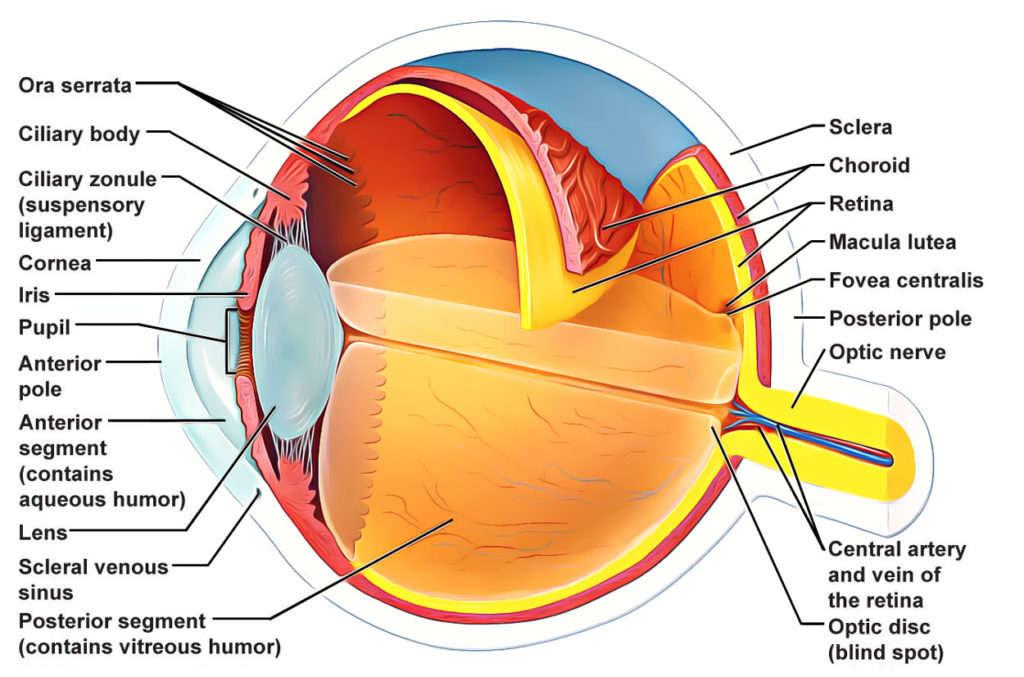
How to draw 5 sense organs (Human senses) YouTube
Nerves relay the signals to the brain, which interprets them as sight (vision), sound (hearing), smell (olfaction), taste (gustation), and touch (tactile perception). 1. The Eyes Translate Light into Image Signals for the Brain to Process. The eyes sit in the orbits of the skull, protected by bone and fat. The white part of the eye is the sclera.

Details 82+ sketch of sense organs super hot in.eteachers
How to draw sense organs easy | Sensor organs drawing idea | How to draw sensory organs Hi friends, welcome to my channel MNSB inward. In.

Draw 5 sense organs and write their functions images of five sense organs YouTube
How To Draw Sense Organs | 5 Sense Organs Drawing | Easy way to DrawSubscribe for More videos: https://www.youtube.com/user/kidsdrawingpractice?sub_confirma.

How To Draw Sense Organs 5 Sense Organs Drawing Easy way to Draw YouTube
How to draw 5 sense organs (Human senses)line art tutorial : https://bit.ly/2IJSt6cWant to learn how to draw sense organs ? You've come to the right place..

Pin on Drawing science diagrams
For any drawing related work..contact wattsup 9784061695how to draw sense organs, how to draw sense organs, how to draw sense organs in easy way, how to draw.

Organs, Senses, Motion, Fire, Drawings, Sketches, Drawing, Portrait, Draw
Bibliography. There are five basic human senses: touch, sight, hearing, smell and taste. The sensing organs associated with each sense send information to the brain to help us understand and.

How to draw Sense Organs / Step by step process of drawing Sense Organs in an easy way YouTube
Sense Organs. The nervous system is responsible for sensing the external and internal environments of an organism, and for inducing muscle movement. Human sensation is achieved through the stimulation of specialized neurons, organized into five different modalities — touch, balance, taste, smell, hearing, and vision. The touch modality includes pressure, vibration, temperature, pain, and itch.

How to draw 5 Sense Organs how to draw bodyparts timmitoyart YouTube
Eyes. Nose. Tongue. Skin. These classic five sensory organs help in perceiving sound, light, smell, taste, and touch, respectively. Receptors present in the sense organs can transmit a signal to a sensory nerve, and these are classified into two, namely- general receptors and special receptors.

5 sense organs drawing/how to draw sense organs/5 senses/draw 5 sense organs/5 sense organs art
There are five basic senses perceived by the body. They are hearing, touch, sight, taste, and smell. Each of these senses is a tool your brain uses to build a clear picture of your world. Your brain relies on your sensory organs to collect sensory information. The organs involved in your five senses are: Ears (hearing) Skin and hair (touch.

HOW TO DRAW SENSE ORGANS EASILY HUMAN SENSE ORGANS MODEL SCHOOL PROJECT SCIENCE PROJECT
Description. Traditionally, there are five sense organs that respond to external stimuli and, in turn, relay information to the central nervous system. These include the eyes (vision), nose (olfactory organ for smell), ears (vestibulocochlear organ for hearing and balance), tongue (gustatory organ for taste), and the integument (touch or.

Sense Organs Earth's Lab
Browse 140+ drawing of 5 sense organs stock illustrations and vector graphics available royalty-free, or start a new search to explore more great stock images and vector art. Sort by: Most popular. Senses icon set. Icon set of five human senses: vision (eye), smell (nose), hearing (ear), touch (hand), taste (mouth with tongue).

5 senses drawing/how to draw sense organs/human senses/draw 5 sense organs/how to draw body
Instead, they sense head position, which is used to monitor balance. Hearing is the ability to sense sound waves, and the ear is the organ that senses sound. Sound waves enter the ear through the ear canal and travel to the eardrum (see the diagram of the ear in Figure \(\PageIndex{6}\)). The sound waves strike the eardrum and make it vibrate.
INTERACTION THE NERVOUS SYSTEM AND THE SENSE ORGANS
These senses govern our association and our interaction with the environment. We have five sense organs, namely: Eyes. Ears. Nose. Tongue. Skin. These five sense organs contain receptors that relay information through the sensory neurons to the appropriate places within the nervous system.

Concept 30 of Five Sense Organs Clipart cmaratuba
The eye is the organ that senses light and allows us to see. Hearing. Hearing is the ability to sense sound waves, and the ear is the organ that senses sound. Sound waves enter the auditory canal and travel to the eardrum (see Figure below). They strike the eardrum and make it vibrate. The vibrations then travel through several other structures.

Sense organs. Hand drawn mouth and tongue, eye, nose, ear and hand palm. Engraving five senses
The sense organs — eyes, ears, tongue, skin, and nose — help to protect the body. The human sense organs contain receptors that relay information through sensory neurons to the appropriate places within the nervous system. Each sense organ contains different receptors. General receptors are found throughout the body because they are present.

How to draw sense organs easy Sensor organs drawing idea How to draw sensory organs YouTube
Other overlooked senses include temperature perception by thermoreceptors and pain perception by nociceptors. Within the realm of physiology, senses can be classified as either general or specific. A general sense is one that is distributed throughout the body and has receptor cells within the structures of other organs. Mechanoreceptors in the.